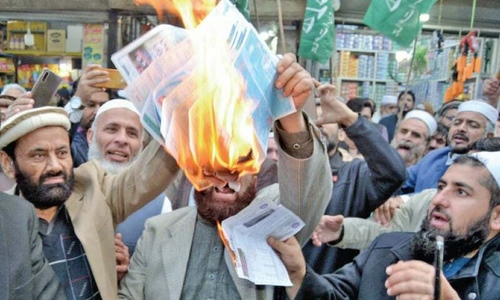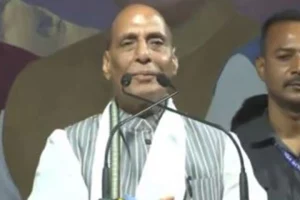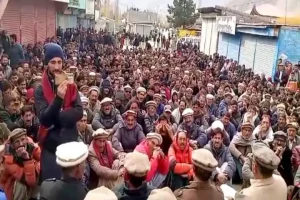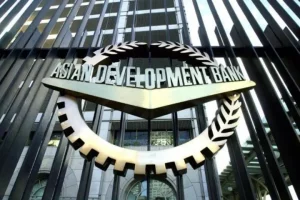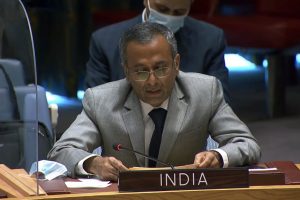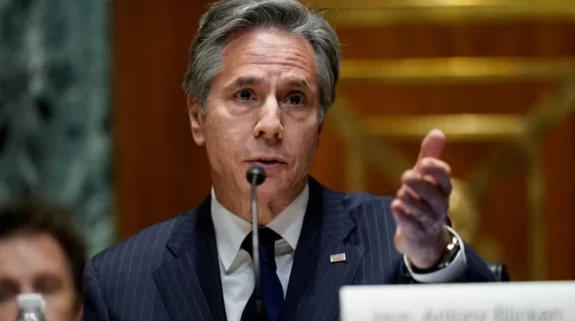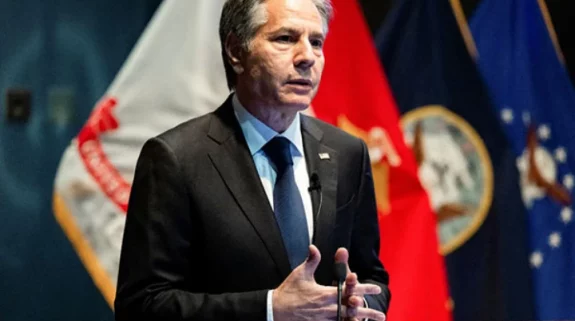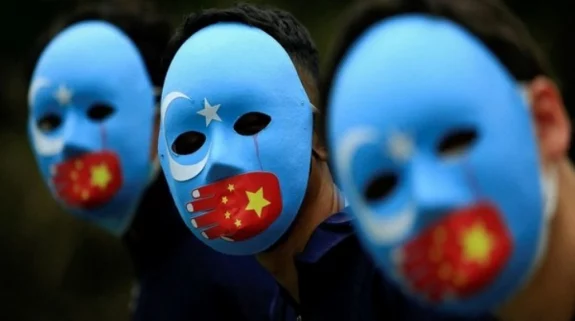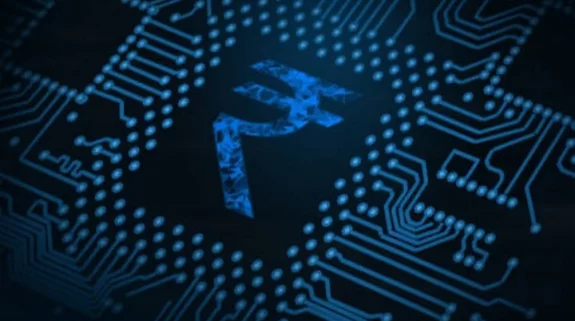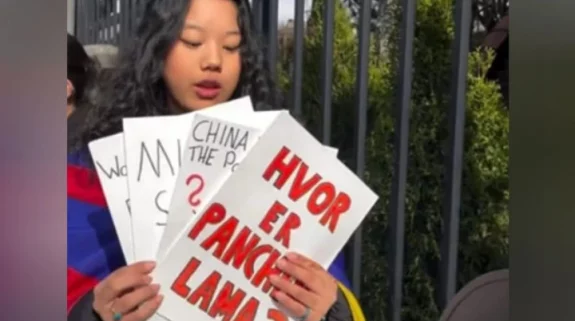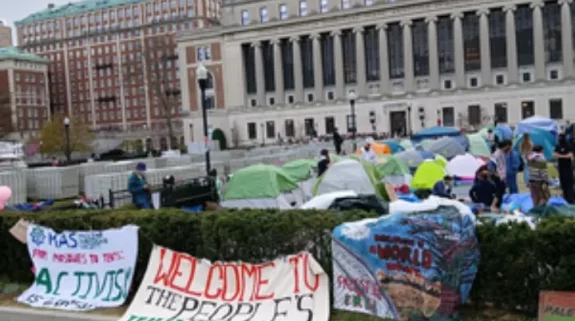All of Pakistan is in upheaval due to economic mismanagement by successive governments and a severe cost of living crisis. The rising cost of energy and unprecedented inflation is now beginning to pull at the unity of the country.
Various communities in the country are now expressing their desire for “azadi” from the country – right from the Baloch to the Pashtuns and also the Sindhis. The azadi sentiment is now echoing in the valleys of Pakistan Occupied Jammu and Kashmir (POJK) as the people in the contested region are beginning to evaluate their poor economic status as Pakistan plunges into political instability and economic chaos.
India Narrative speaks with Kashmiri activist Dr Amjad Ayub Mirza to understand what is ailing Pakistan and why is POJK witnessing such massive protests.

IN: Why do the people in POJK want to merge with India now? They had not expressed this wish in the last 70-odd years.
AAM: The people of POJK have not openly said they want to join India because it would be very dangerous for them to say this. Even if they were a political group or a party they know they will undergo a fate worse than what they can imagine. What has happened over 70-odd years is that various organisations in POJK – political organisations as well as human rights bodies, have concluded that Pakistan is a usurper and is plundering their natural resources.
Gradually this feeling of Pakistan plundering POJK has crystallised. A couple of days back there was a big strike in POJK and some pro-Pakistan people tried calling Pakistan a big brother and appealed to the big brother to reduce power tariff. But the masses attacked the stage and pulled these people down. They even started shouting slogans for freedom from Pakistan.
Now, this is a big change that people are openly challenging Pakistan’s occupation.
The stage will come when people of POJK will become more vocal about joining India but for that India has to win the confidence of the people of POJK at the ground level. They want to see that India is serious about taking them back.
IN: The electricity bills of the whole country have gone up, so why do we see more protests in Gilgit Baltistan and POJK over the bills?
AAM: The protests against electricity bills have now spread across all of Pakistan though these started from Rawalakot in POJK. The people in POJK are sensitive towards any increase in tariff as electricity is produced from POJK and Mangla Dam and Neelum-Jhelum. They have increased the tariff so much that people are questioning the methodology about buying electricity from us at Rs 2-3 a unit but selling us back at Rs 53 a unit.
For four months there was a continuous sit-in protest at Rawalakot and that has spread to Muzaffarabad and other cities. The knock-on effect is that the protests over electricity are spread all over the country now. Sometimes more protests are held in POJK because it is more sensitive about tariff increases as people here consider themselves a colony of Pakistan. They look at it as colonial economic oppression.
IN: Do you think the hardships being faced by the common people can snowball into a problem for interim Prime Minister Anwaar-ul-Haq Kakar?
AAM: Obviously, the interim government is under a lot of pressure due to these protests and the government has appealed to the IMF to reconsider the tariffs because it is facing an open rebellion. But the IMF has asked the government to submit a written proposal in which it has to propose how to reduce the circular debt of the power sector which is more than 2,000 billion Pakistani rupees.
Obviously the government does not have a solution so it plans to increase the price of petrol steeply. Also, it plans to import 100,000 metric tonnes of sugar from Brazil at the rate of Rs 220 per kg which means the price of sugar in Pakistan is going to skyrocket. It may go up to Rs 300 per kg. Therefore, the current government is under tremendous pressure but they have got the support of the army.
In fact the army chief and the IMF are running the economy of Pakistan in tandem. This caretaker government is just like a loudspeaker to make announcements about tariff increase or some other increase. They are not the ones running the economy. The economy is run by the GHQ [General Headquarters of the Pakistan Army].
IN: Is Pakistan prepared for elections? Will these not push up inflation and government expenditure in a poor country?
AAM: My belief is that no matter what, even if your country is at war, you should hold general elections. But at the moment I don’t think Pakistan is ready for elections, not because the people are not ready to vote but because they have to first fulfil the dictates of the IMF. Number two, the army has to make sure that the fissures in the army made by [former prime minister] Imran Khan are cemented and the army thinks like one body again. The third thing is that the elections bear the same results that they desire, which is minus Imran Khan. That doesn’t seem to be the possibility.
I don’t think the elections are going to happen in 90 days for these three reasons.






